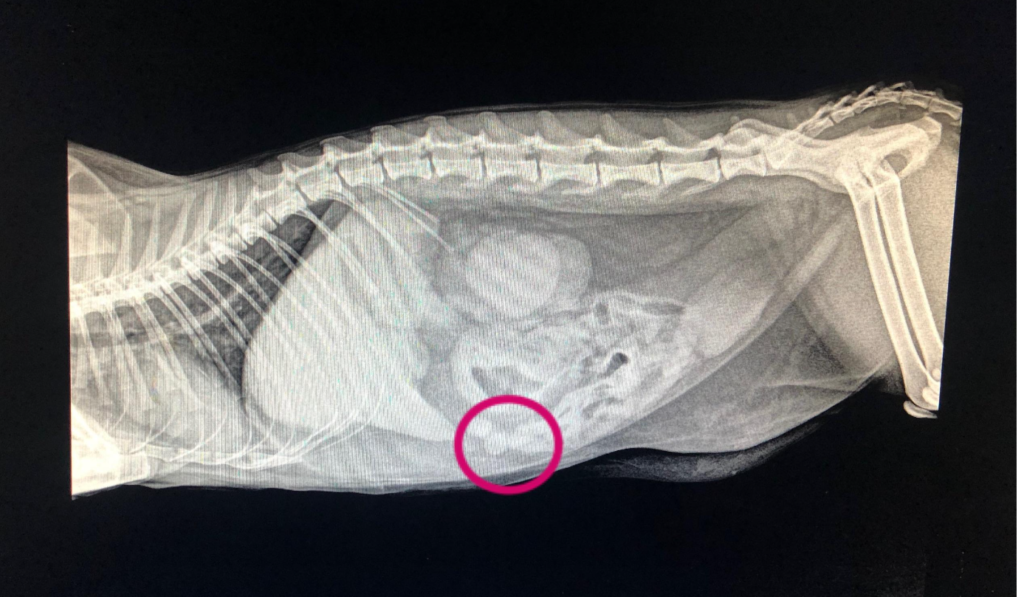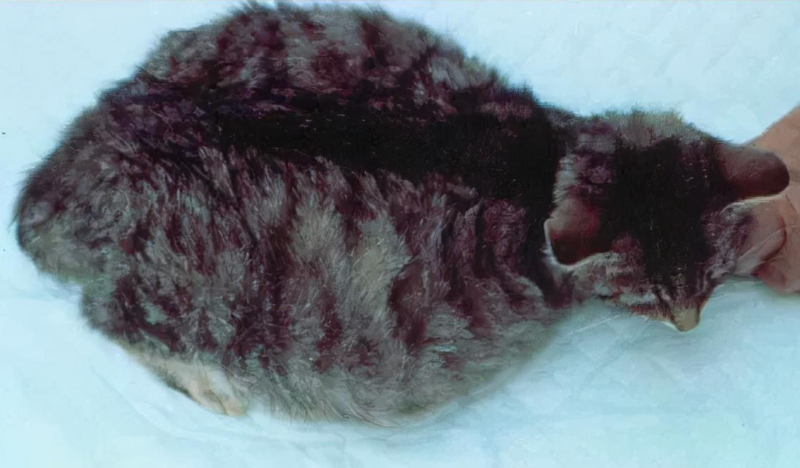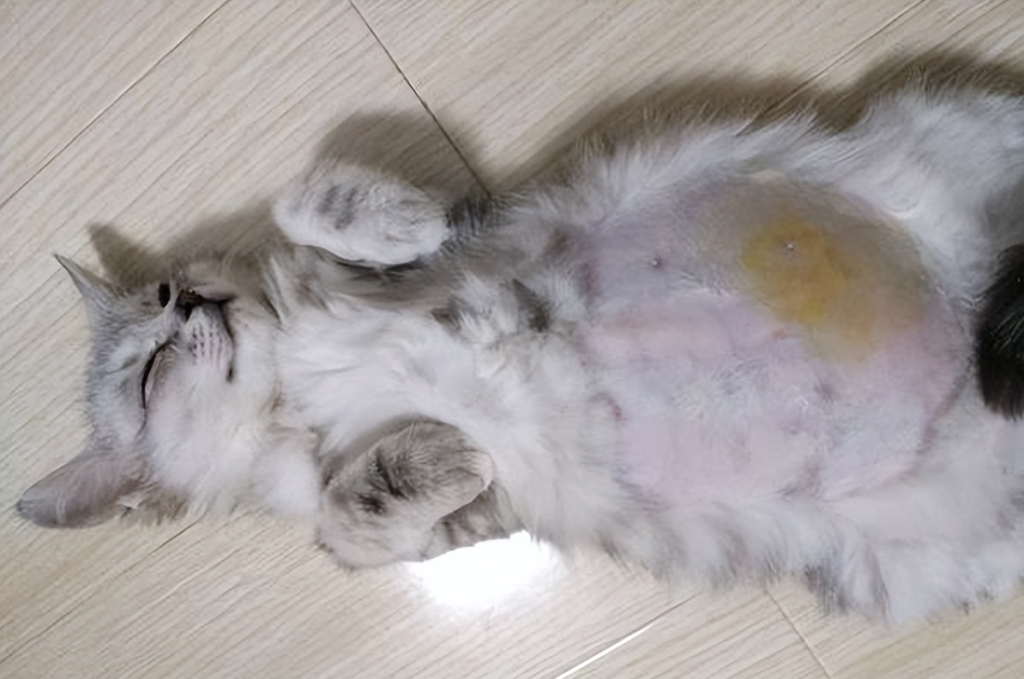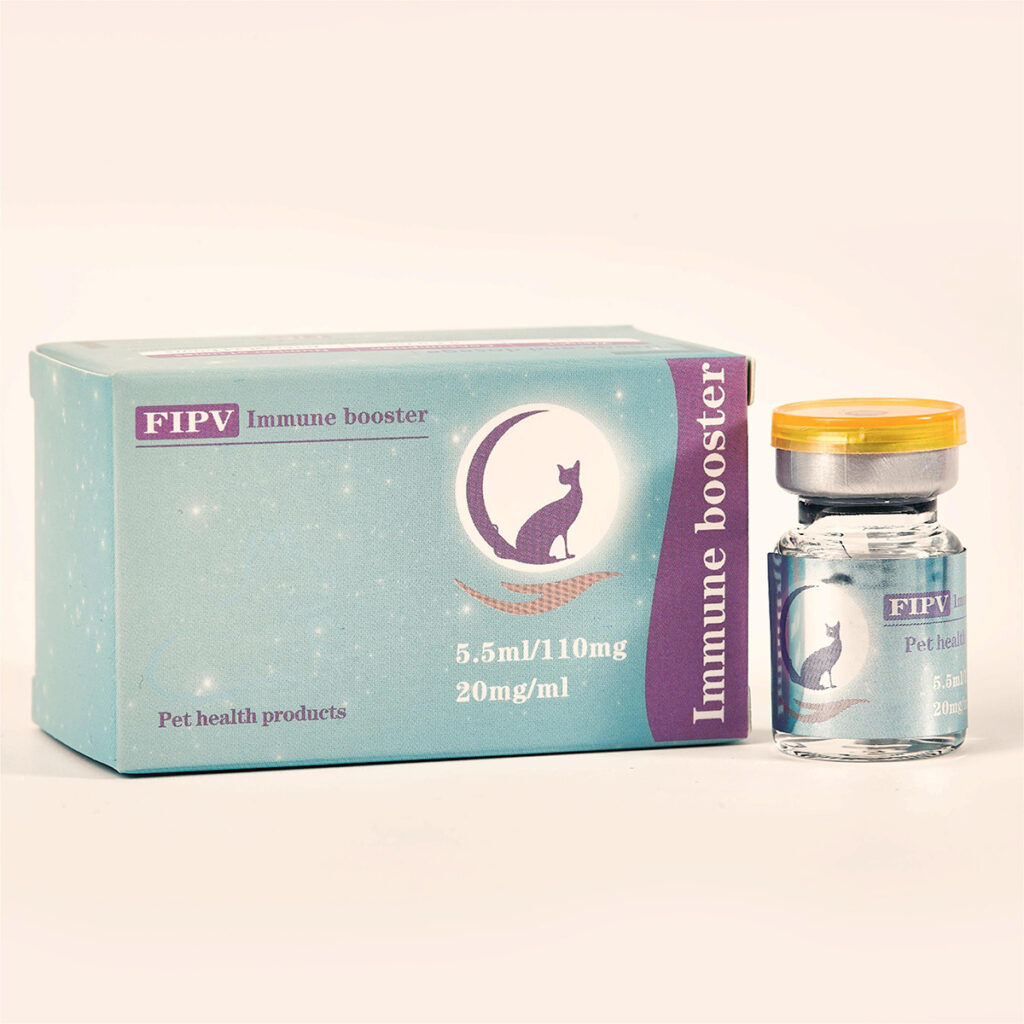Feline Infectious Peritonitis (fip) is a serious viral disease affecting cats, caused by a virus called Feline Coronavirus (FCoV). This disease is particularly challenging because FCoV is common in cats, but only a small proportion of infected cats develop FIP.

There are two main forms of FIP:
Exudative (wet) FIP: This is a form of FIP characterized by the accumulation of fluid in body cavities, possibly in the abdominal cavity or pleura. This causes swelling in the abdomen or chest and is the main symptom of wet Feline Infectious Peritonitis.
Non-exudative (dry) Feline Infectious Peritonitis: This is another form that is characterized by an abnormal response of the immune system that forms masses (granulomas) in multiple organs. This form of Feline Infectious Peritonitis may affect the liver, kidneys, eyes, brain and other organs, showing a variety of symptoms.

The exact cause of Feline Infectious Peritonitis and why only a small number of cats develop FIP is still not completely understood, but it is related to mutations in FCoV and the immune system’s response. FCoV spreads easily among cats, usually through contact with the oral and nasal secretions or feces of infected cats.
Diagnosing Feline Infectious Peritonitis can be challenging because symptoms can resemble other conditions. Your veterinarian may need to go through a series of tests, including blood tests, immunologic tests, and imaging tests, to try to confirm the diagnosis.

Currently, treatments for FIP are very limited and mainly rely on symptomatic treatment to relieve symptoms. Preventive measures include reducing the spread of FCoV among cats, maintaining good hygiene, and limiting overcrowding of cats. In some areas, veterinarians may recommend the FCoV vaccine, but there is some controversy about its effectiveness and suitability.
